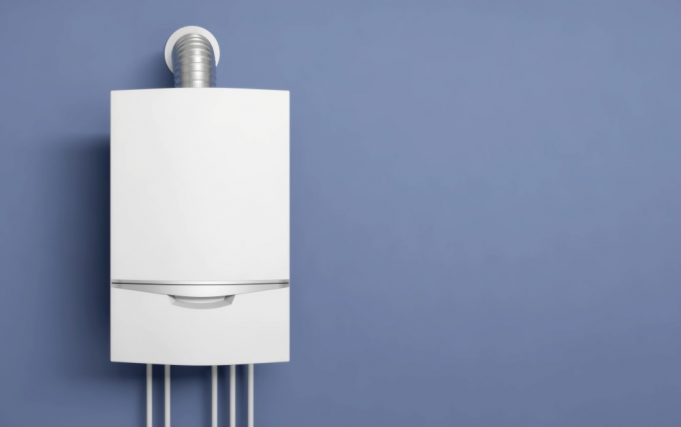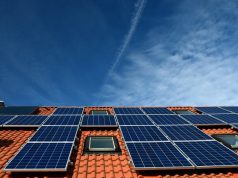Heating our homes is essential for comfort, but it often comes at a significant environmental cost due to carbon emissions. Boilers are a common source of these emissions, and while replacing them with more eco-friendly options may not always be financially feasible, there are still effective ways to reduce your boiler’s carbon footprint.
Optimize your boiler
Before we delve into other strategies, it’s crucial to ensure that your boiler is operating at its peak efficiency. Regular maintenance and servicing are essential for this purpose. You can start by scheduling a professional inspection by JF Heating to identify any issues or inefficiencies in your boiler system. Simple tasks like cleaning the burner and checking for leaks can significantly improve efficiency and reduce emissions.
Upgrade insulation
One effective way to reduce carbon emissions from your heating system is to minimize heat loss in your home. Inadequate insulation can cause your boiler to work harder to maintain a comfortable temperature, leading to higher emissions. Consider upgrading your home’s insulation, especially in areas like the attic and walls. Proper insulation will not only reduce emissions but also lower your energy bills.
Programmable thermostat
Investing in a programmable thermostat can be a cost-effective way to reduce your boiler’s carbon emissions. These devices allow you to set specific temperature schedules for different times of the day and week. By adjusting the heating system based on your actual needs, you can avoid unnecessary energy consumption and emissions when you’re not at home or when you’re asleep.
Regular boiler servicing
Regular servicing is not only for optimizing your boiler’s efficiency; it also ensures that it operates cleanly and with minimal emissions. A well-maintained boiler burns fuel more efficiently, resulting in fewer carbon emissions. Make sure to schedule annual maintenance with a qualified technician to keep your boiler in top condition.
Control drafts and ventilation
Drafts and excessive ventilation can lead to heat loss, causing your boiler to work harder. Seal gaps around doors and windows to prevent drafts, and consider installing draft excluders. Additionally, ensure that your home’s ventilation system is well-balanced to minimize unnecessary heat loss while maintaining proper air quality.
Use energy-efficient radiators
If you have traditional radiators, consider upgrading to energy-efficient models. Modern radiators are designed to distribute heat more evenly, allowing your boiler to operate at a lower temperature and reduce emissions. These radiators can also heat up faster, providing more comfort while using less energy.
Use renewable energy sources
To further reduce your boiler’s carbon emissions, consider using renewable energy sources such as solar panels or wind turbines to generate electricity for your home. By integrating these green technologies into your heating system, you can significantly reduce your carbon footprint.
Reducing your boiler’s carbon emissions is not only good for the environment but also for your wallet. By implementing the strategies mentioned above, you can make your heating system more eco-friendly and energy-efficient without the need for costly replacements. Regular maintenance, insulation upgrades, programmable thermostats, and other practical measures can help you minimize your carbon footprint while staying warm and comfortable during the colder months. Take action today to reduce your impact on the environment and contribute to a greener future.














